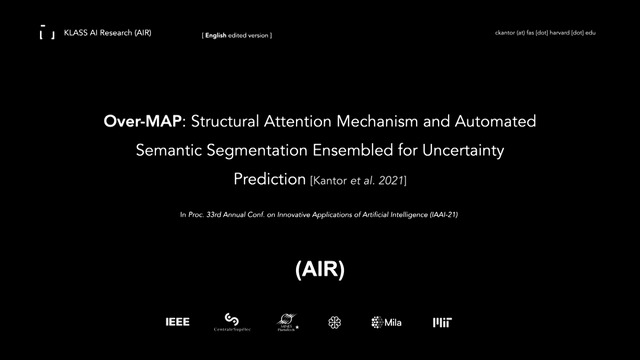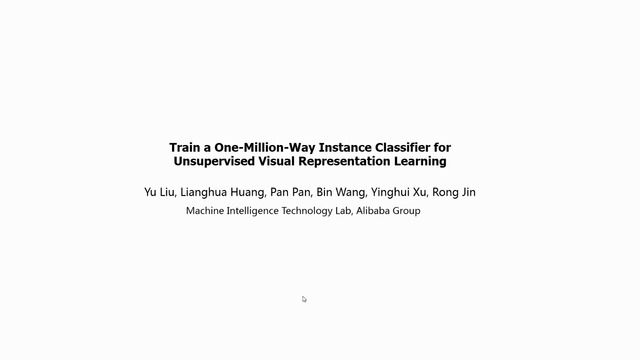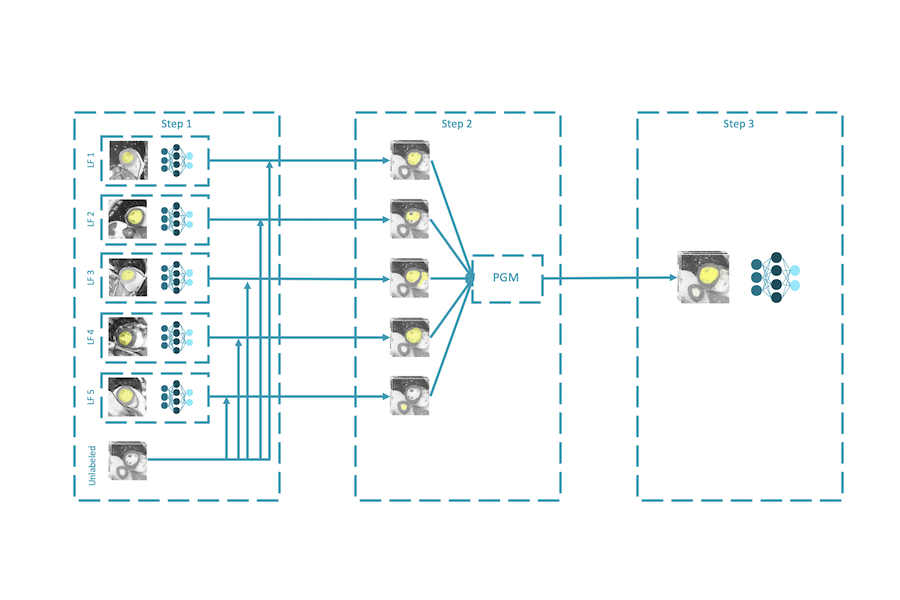Abstract:
Large datasets have become commonplace in NLP research. However, the increased emphasis on data quantity has made it challenging to assess the quality of data. We introduce Data Maps---a model-based tool to characterize and diagnose datasets. We leverage a largely ignored source of information: the behavior of the model on individual instances during training (training dynamics) for building data maps. This yields two intuitive measures for each example---the model′s confidence in the true class, and the variability of this confidence across epochs---obtained in a single run of training. Experiments on four datasets show that these model-dependent measures reveal three distinct regions in the data map, each with pronounced characteristics. First, our data maps show the presence of ``ambiguous″ regions with respect to the model, which contribute the most towards out-of-distribution generalization. Second, the most populous regions in the data are ``easy to learn″ for the model, and play an important role in model optimization. Finally, data maps uncover a region with instances that the model finds ``hard to learn″; these often correspond to labeling errors. Our results indicate that a shift in focus from quantity to quality of data could lead to robust models and improved out-of-distribution generalization.









































